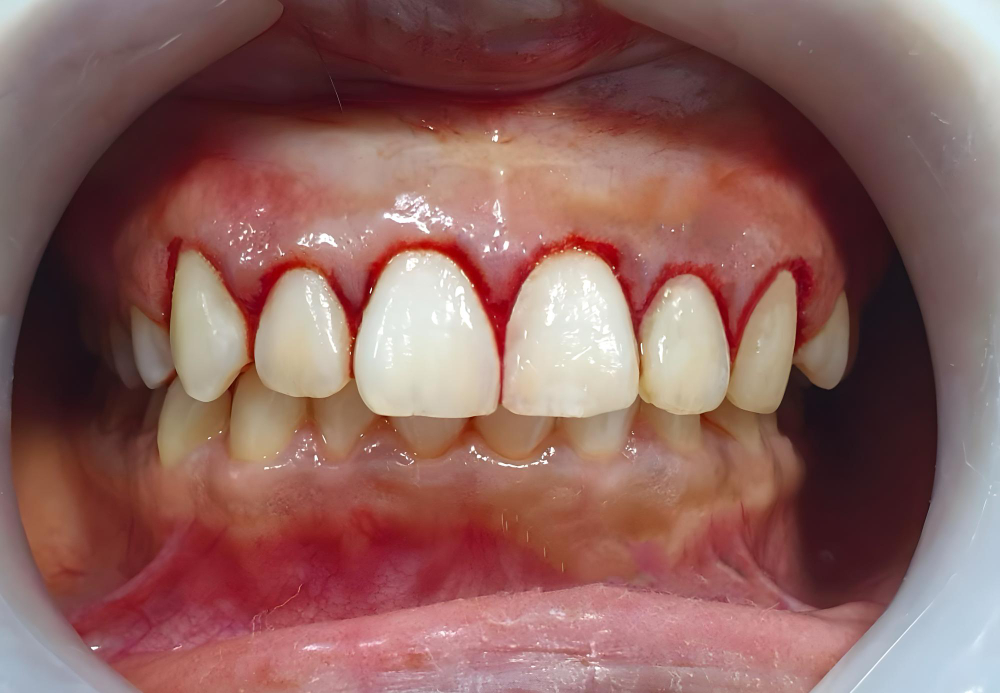What Is Gingivitis?
Gingivitis is a common gum disease. It causes redness, swelling, and bleeding of the gums. Many people do not know they have gingivitis because it can be mild at first. However, if left untreated, it can lead to more serious problems like periodontitis. Healthy gums are important for a healthy mouth. Early care can stop gum disease from getting worse. According to the CDC, gingivitis affects many adults worldwide. Good oral hygiene is the best way to prevent it.
Causes of Gingivitis
Gingivitis starts when plaque builds up on your teeth. Plaque is a sticky film of bacteria. If you do not remove it daily, it can irritate your gums. Over time, this leads to gum disease. Several factors can increase your risk:
For example, people who smoke have a higher risk of gum problems. Also, some health conditions make it harder for your body to fight infection. Because of this, keeping your mouth clean is very important.
Symptoms of Gingivitis
Gingivitis often starts with mild signs. Still, it is important to notice these early. Common symptoms include:
Sometimes, you may not feel pain. Yet, bleeding gums are a warning sign. If you notice any of these signs of gingivitis, you should see a dentist soon. Early treatment can prevent serious gum disease.
Prevention of Gingivitis
Preventing gingivitis is simple with good oral hygiene. Here are some easy tips to keep your gums healthy:
In addition, teach children good brushing habits early. This helps prevent gum disease later in life. According to the World Health Organization, regular dental care lowers the risk of gum problems. If you follow these oral hygiene tips, you can keep your smile bright and healthy.
In summary, gingivitis is a mild but important gum disease. Early signs are easy to miss, but prevention is simple. Consult a dentist for personalized advice on preventing and treating gingivitis.

